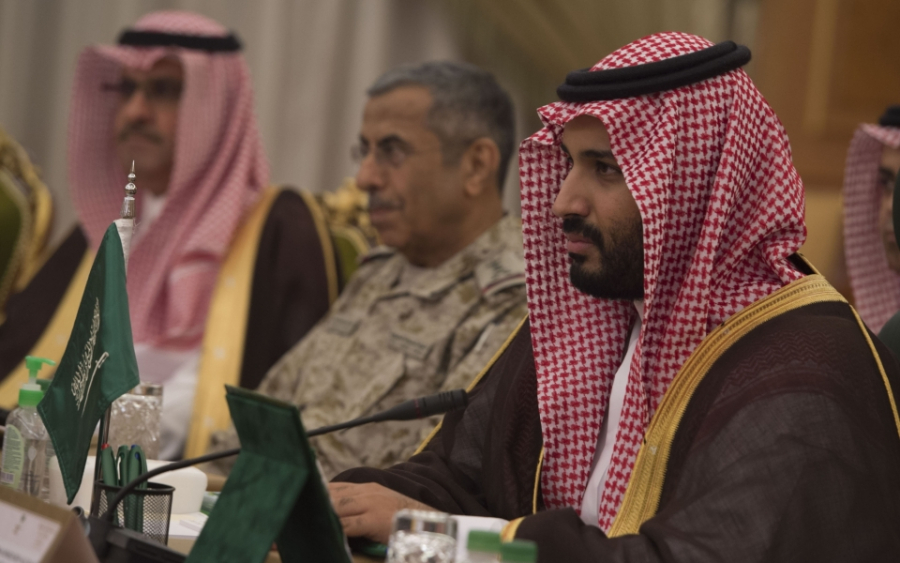In a move that will inevitably shake the oil market and the very structure of OPEC itself, Prince Mohammed bin Salman, the 31-year old son of the Saudi Arabian King, has been named the successor to the throne instead of his older cousin Prince Mohammed bin Nayef.
"A lot of people are happy that a younger generation is coming to power, but those who are upset are the older generation," who are not used to such dramatic change, said Joseph A. Kechichian, a senior fellow at the King Faisal Center for Research and Islamic Studies, who has extensive contacts inside the family. "Even if people are uncomfortable, at the end of the day this is a monarchical decision, and people will either have to accept the new arrangement or they will essentially have to keep their mouths shut."
The fact that the to-be King has been able to serve as defense minister, oversee the state oil monopoly, work to overhaul the Saudi economy and build ties with foreign leaders like President Trump even outside of this position of power hints at the ambitious characteristics of his potential reign.
However, it is believed that the new crown prince is slightly volatile. In the early phase of the oil price meltdown, he said that prices did not matter. But the plunge below $30 per barrel in early 2016 seemed to have altered the algorithm. Last year, Saudi Arabia became the fundamental force behind a return to "market management," which entails restricting output to stabilize prices which kept leveling off. Considering how frequent OPEC production cuts have become (to no avail), it is possible that the crown prince might subvert plans to adopt a "market share" strategy. Conversely, he could further his hold on the strategy, an idea proposed a few days ago by the Iranian oil minister.
One thing is clear for the moment: higher prices are the priority, especially with the impending Saudi Aramco IPO. Either way, after Mohammed bin Salman (MBS) and King Salman ousted former oil minister Ali al-Naimi last year, they have firmer control over the kingdom's oil policy.
The cream of the crop is the plan to privatize Aramco, the state oil company, which has formerly endowed Saudi Arabia with 90% of its revenue. Now it stands to become the biggest stock market offering in global financial history.
Saudi Arabia needs higher oil prices to make the IPO succeed. The Aramco selloff may not raise anywhere near the hoped for $50 billion or so if the value of a barrel of crude continues to drop. Moreover, higher oil prices are needed to contain domestic demand for oil as Saudi Arabia consumes one third of the oil it produces. It seems that by diversifying the country's other sectors, including tourism, financial services and mining, the nation can cash out what it needs to momentarily quell its own oil needs and funnel resources into catering to the world market- a move MBS is well positioned for considering his proximity to Trump, who could cooperate with him until plans are pushed into the works.
However, much to the kingdom's dismay, the rest of OPEC knows how urgently the Saudis need oil prices to accommodate them. When future production cuts are needed, the rest of OPEC may effectively stand aside and let the Saudis do all the work, something MBS must be prepared for.
- https://www.irishtimes.com/opinion/prince-of-oil-and-war-set-to-take-helm-in-saudi-arabia-1.3129970
- http://oilprice.com/Energy/Crude-Oil/Saudi-Reshuffle-Could-Completely-Shake-Up-Oil-Markets.html
- http://thehill.com/blogs/pundits-blog/energy-environment/339024-saudi-shakeup-new-prince-will-try-to-transform-oil
- https://www.nytimes.com/2017/06/21/world/middleeast/saudi-arabia-crown-prince-mohammed-bin-salman.html



















